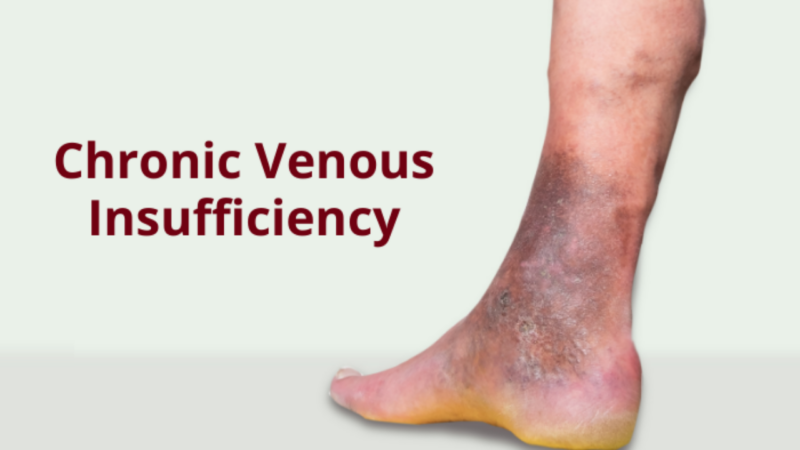Do you have a leg ulcer that does not seem to respond to treatment? Do you have a leg or ankle swelling that is painful? You might have chronic venous insufficiency, and it would be a great idea to visit a vein specialist. Vein treatment Memphis can help you manage the symptoms and the overall condition.
What is chronic venous insufficiency?
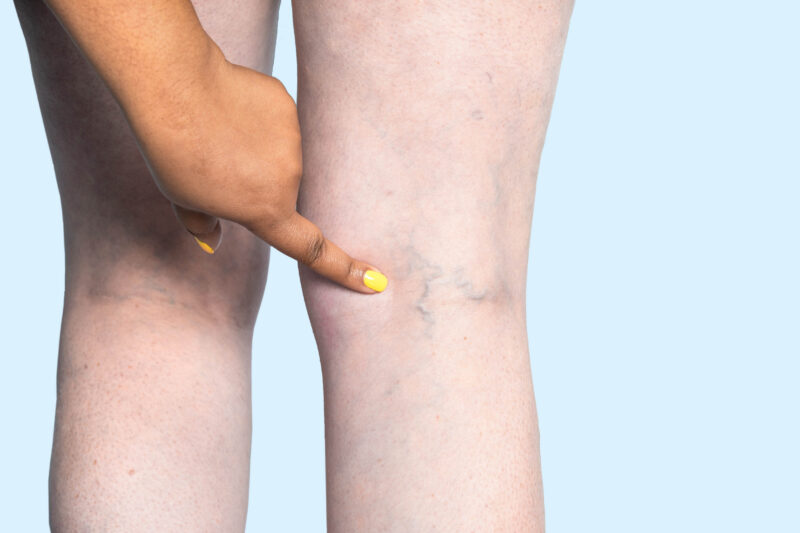
Chronic venous insufficiency (CVI) is a venous disease that occurs when your leg veins are damaged. The damage inhibits blood flow from your legs and back to your heart. This can lead to your leg or ankle swelling because the blood will pool in the veins of your legs.
Your legs have three types of veins:
- Superficial veins – close to the skin
- Perforating veins – connect superficial veins with deep veins
- Deep veins – large veins that are deeply set in your leg muscles
If any of the above veins are damaged, you will experience CVI.
Symptoms of CVI
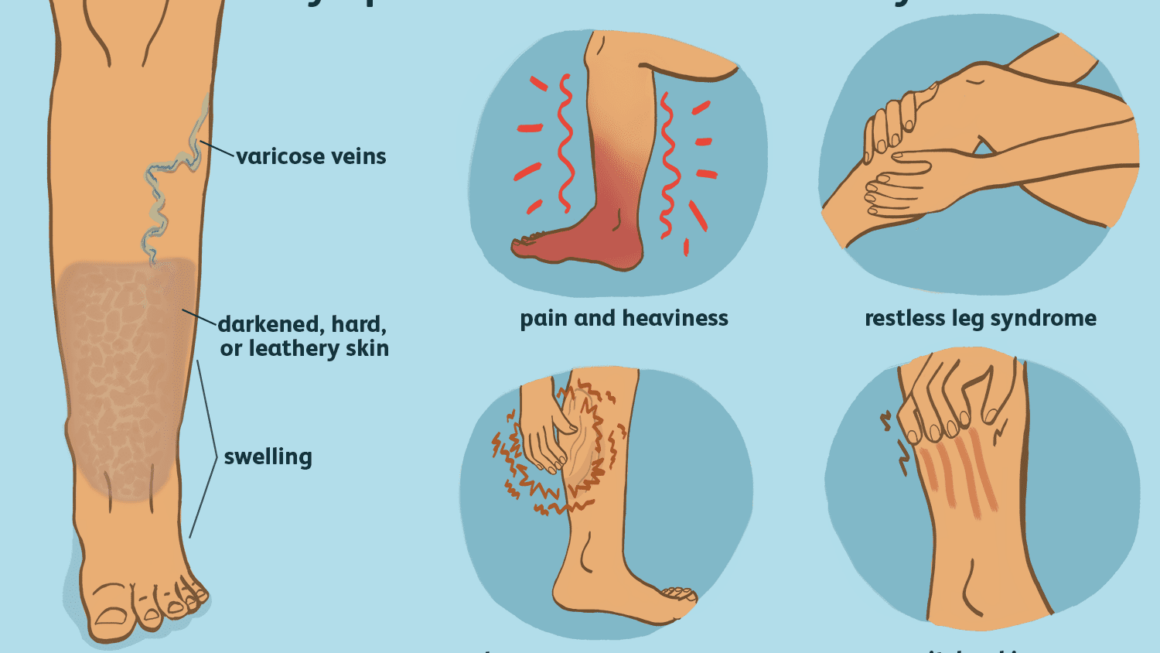
The signs and symptoms of CVI depend on what stage you are in of the condition, and they include the following:
- Edema (lower leg swelling)
- Tingling sensation on your legs
- Varicose veins
- Ulcers or open sores on your ankles
- Achy or tired legs
- Discolored skin on your legs
- Cramping in your legs at night
Causes and diagnosis of chronic venous insufficiency
While the most common cause of CVI is Deep Vein Thrombosis or blood clots, other causes can be classified as congenital, primary, or secondary causes. Congenital causes are malformations that a patient is born with, while primary causes are changes that occur during her lifetime.
Secondary causes are brought about by medical interventions like Deep Vein Thrombosis, which might occur after surgery or an injury. The scar tissue left behind can form a blood clot which might damage the veins in your legs.
Your vein specialist can diagnose CVI through physical examination or vascular ultrasound. The specialist will pay special attention to the color of your skin and any ulcers on your legs if present.
Who is at risk of getting chronic venous insufficiency?
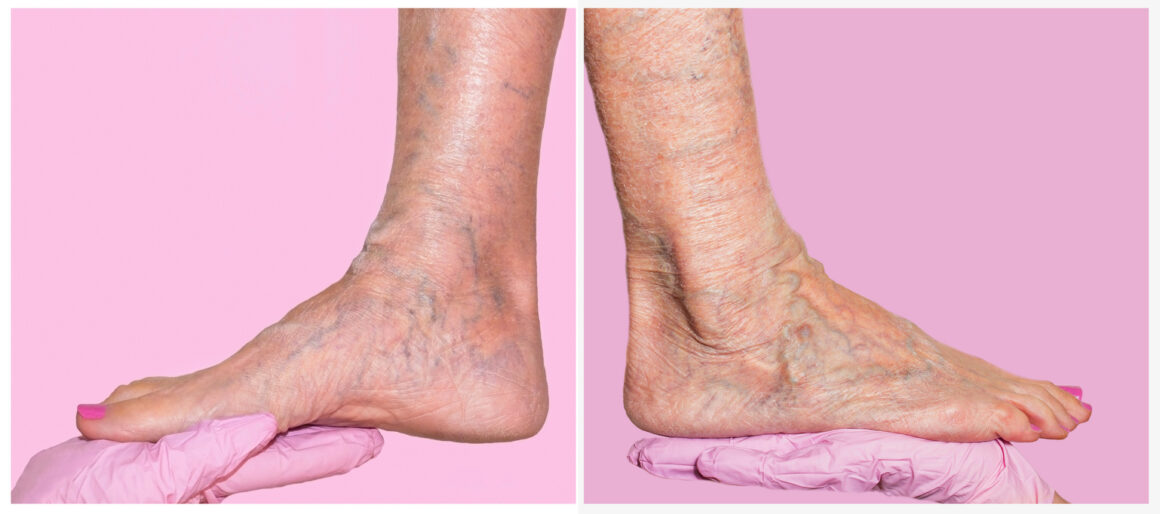
A person whose family history involves generational chronic venous insufficiency can easily get the condition. Another factor is pregnancy, and the condition can revolve around people who:
- Do not exercise regularly
- Are older than 50 years
- Are obese
- Pregnant women
- Sit or stand for long hours
- Females or someone born a female at birth
Management of chronic venous insufficiency
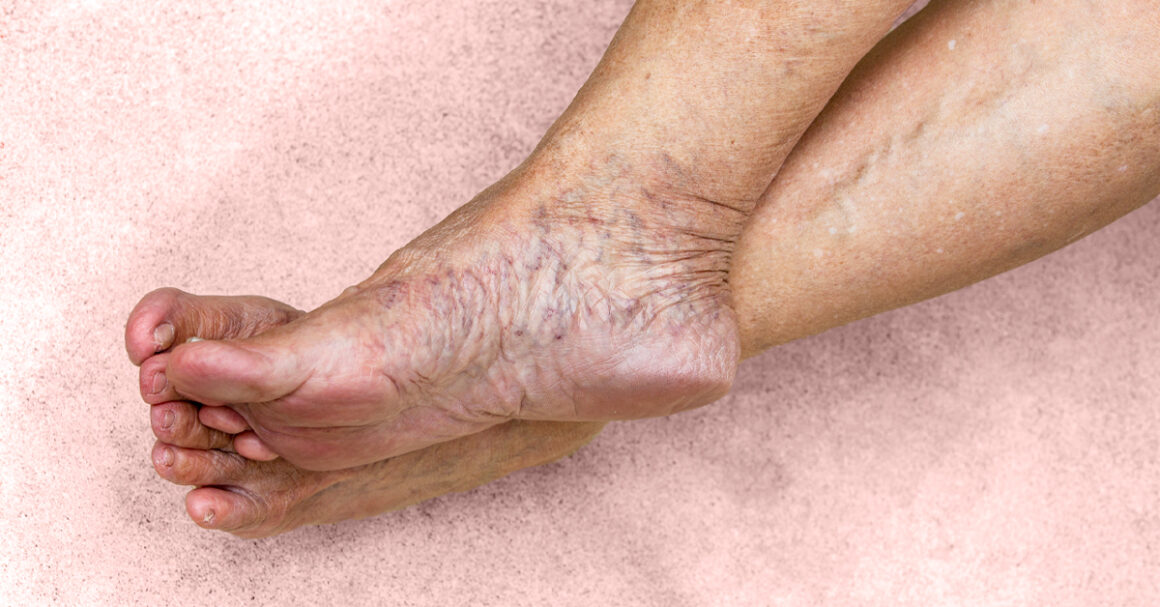
When you experience a tingling or burning sensation on your legs and see varicose veins, contact your doctor or vein specialist. The type of treatment you receive will depend on the severity of CVI. During the early stages, you can make lifestyle changes to your diet and level of physical activity, which might avoid the full-blown occurrence of the condition.
The treatment options include:
- Lifestyle changes
- Radiofrequency ablation
- Chemoablation
- Compression therapy
If you exhibit any of the above symptoms, you can visit Ellichman Vein & Vascular Centers for evaluation and treatment. You will receive personalized treatment from friendly and qualified staff. Call or book your appointment online today.
